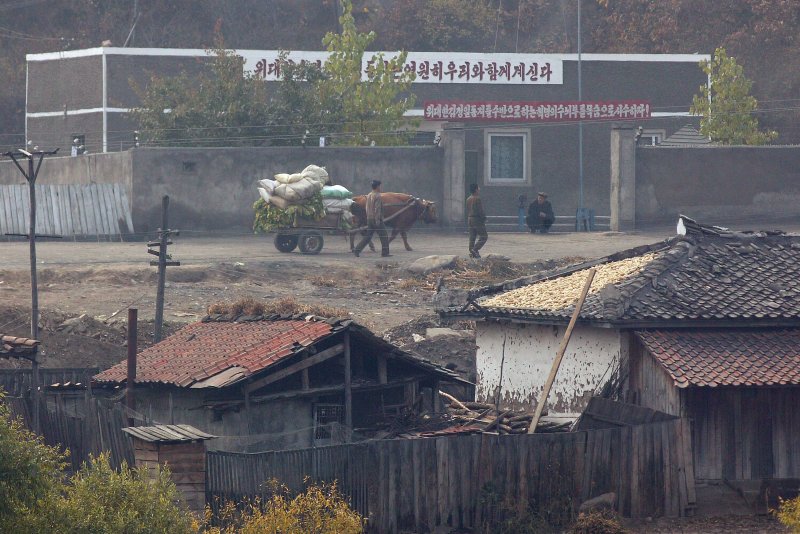Asclepias
Diamond Member
Who said anything about negotiating Einstein? I said you were naive.Youre pretty naive.It would almost seem as though someone in the broadcast industry is trying to provoke North Korea into a war.
South Korea says it exchanged fire with North Korea at border
South Korea evacuation after shelling on western border
South Korea orders border evacuations as North declares readiness for war following exchange of fire
Then explain to me, Einstein, why are they negotiating for the past few days?













